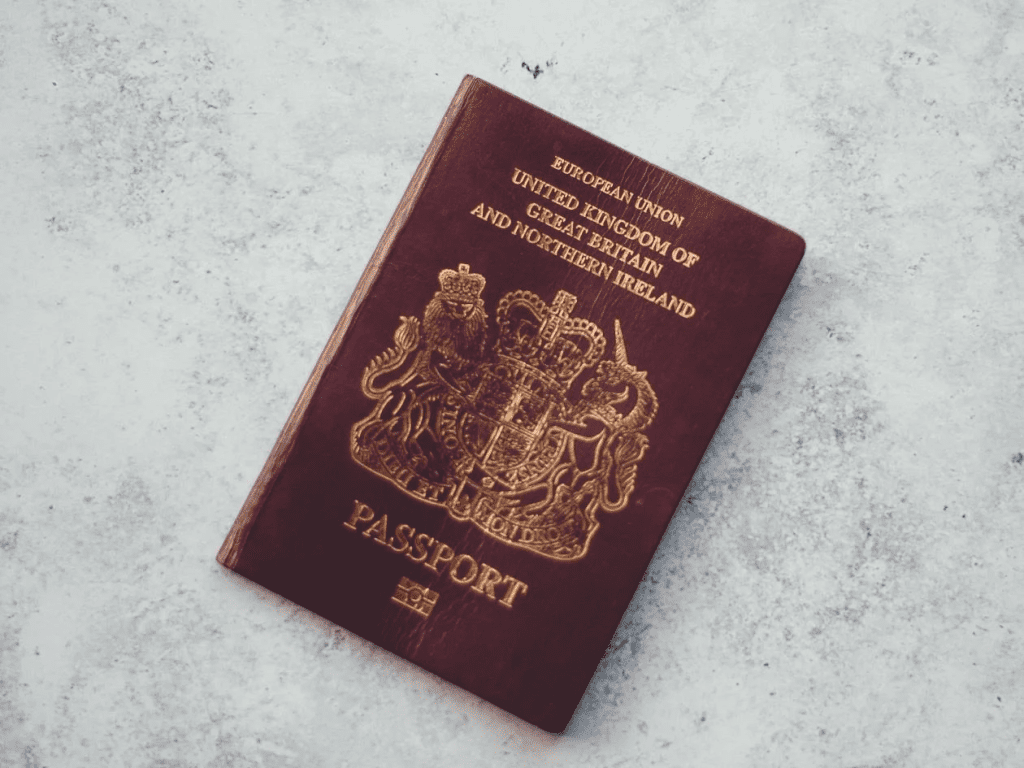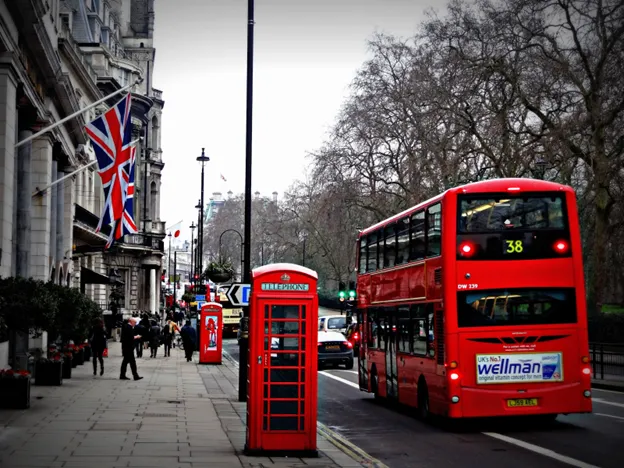Applying for British Citizenship with a criminal record
Having a criminal record may not prevent you from becoming a British citizenship but it is important to ensure you fully declare any past criminal convictions when applying.
For more information about British citizenship, living in the UK and how to settle here, reach out to one of our expert immigration advisers for more information. Call us on 0333 305 9375, or contact us online today.
Read our 1001 reviews
Getting British citizenship with a criminal record
If you do have a criminal history it is important to realise that it does not mean you will be automatically rejected from becoming a British citizen. If you can demonstrate that you have a “good character” and your criminal offences are no longer viewed as a barrier then you could be successful in making the UK your home.
However, how the Home Office views your application will depend on what kind of offences have been committed and how long ago or if you received a suspended prison sentence or custodial sentence.
You may want to seek further advice from an immigration law specialist prior to completing your application for British citizenship. This could help to avoid any potential refusals or lengthy delays to your application for British citizenship.
Overall, you should make sure that you do not attempt to hide any previous criminal convictions or arrests – a failure to declare any potential issues or a criminal conviction could have very serious consequences, with UK immigration law allowing for any citizenship obtained fraudulently to be revoked.

Which criminal criminal offences should be declared?
All applicants for British citizenship must declare all convictions when applying and this includes any previous offences that may be spent under the Rehabilitation of Offenders Act 1974. In addition, you are required to provide details of any police cautions or minor offences – even if they occurred a long time ago.
You must declare any convictions held or offences committed even if you were under 16 – even if the conviction is declared as spent under the Rehabilitation of Offenders Act 1974.
All non-custodial sentences and out of court disposals such as a reprimand, conditional discharge, probation or a community sentence need to be included on any British citizenship applications. Any fines received within the 36 months should be declared when applying for British citizenship.
While, it is unlikely that a fixed penalty notice would cause the Home Office to refuse a British citizenship application, it is important to understand the impact of any further legal proceedings that occur if a fine is not paid and the impact on your “good character” test.
What about overseas criminal offences and military proceedings?
When applying for British citizenship you are required to declare military convictions as well as any overseas conviction that was given overseas.
Any military convictions under court martial or part of any other military criminal proceedings while servicing in the military services must be included on your British citizenship application.
Crucially, the Home Office will disregard any criminal record that is the result of a crime that is not seen as illegal in the UK. For instances, same-sex relationships may be a criminal offence in some countries but is not in the UK and therefore, any criminal records for this would be ignored by the UK immigration service.
Custodial sentences and British citizenship
It is important to realise that some prison sentence imposed offences will in most cases lead to a application being automatically refused.
For instance, you are unlikely to be granted British citizenship if you have received any of the following:
- a custodial or prison sentence of at least four years
- a custodial sentence of at least 12 months but less than four years unless a period of 15 years has passed since the end of the sentence
- a custodial sentence of less than 12 months unless a period of ten years has passed since the end of the sentence
- a non-custodial sentence or out-of-court disposal that is recorded which took place in the three years prior to the date of application for British citizenship.
It is also unlikely you will be able to become a British citizen if you have committed a crime which caused serious harm or have committed a sexual offence and/or have been subject to a sexual harm order or sexual offences prevention order at any point.
British Citizenship with a history of repeat offences
The Home Office do assess each application for British citizenship on a case-by-case basis and one of the factors they look at is the good character and someone with a history of repeat offences may struggle to demonstrate this successfully.
Any application for British citizenship is likely to be refused when the applicant has any of the following:
- A long history of committing offences
- Offences that have increased in seriousness over a long period
- A significant number of offences committed in a short time
Pending criminal charges
You should ensure that as well as disclosing any criminal convictions, you should also include details of any pending prosecutions when applying for British citizenship. Details should still be provided even if you have not received a criminal conviction at the time of applying. Failure to declare pending prosecutions that later come to light could lead to your application being rejected or any granted British citizenship being revoked.
How Can IAS Help?
A certificate of British Citizenship is an important document that proves your right to live and work in the UK indefinitely without being subject to any immigration restrictions.
IAS can help. We are expert legal advisers specialising in UK immigration law, with years’ worth of experience helping individuals with their immigration issues. We can help establish your eligibility for a certificate of entitlement, assist you throughout the application process, and even liaise with the Home Office to keep track of your application as it gets processed.
For more information about the services we offer and how we can help you, get in touch with us today on 0333 305 9375, or talk to us online today.
Table of Contents
Table of Contents will appear here.Table of Contents
Table of Contents will appear here.Legal Disclaimer
The information provided is for general informational purposes only and does not constitute legal advice. While we make every effort to ensure accuracy, the law may change, and the information may not reflect the most current legal developments. No warranty is given regarding the accuracy or completeness of the information, and we do not accept liability in such cases. We recommend consulting with a qualified lawyer at Immigration Advice Service before making any decisions based on the content provided.















